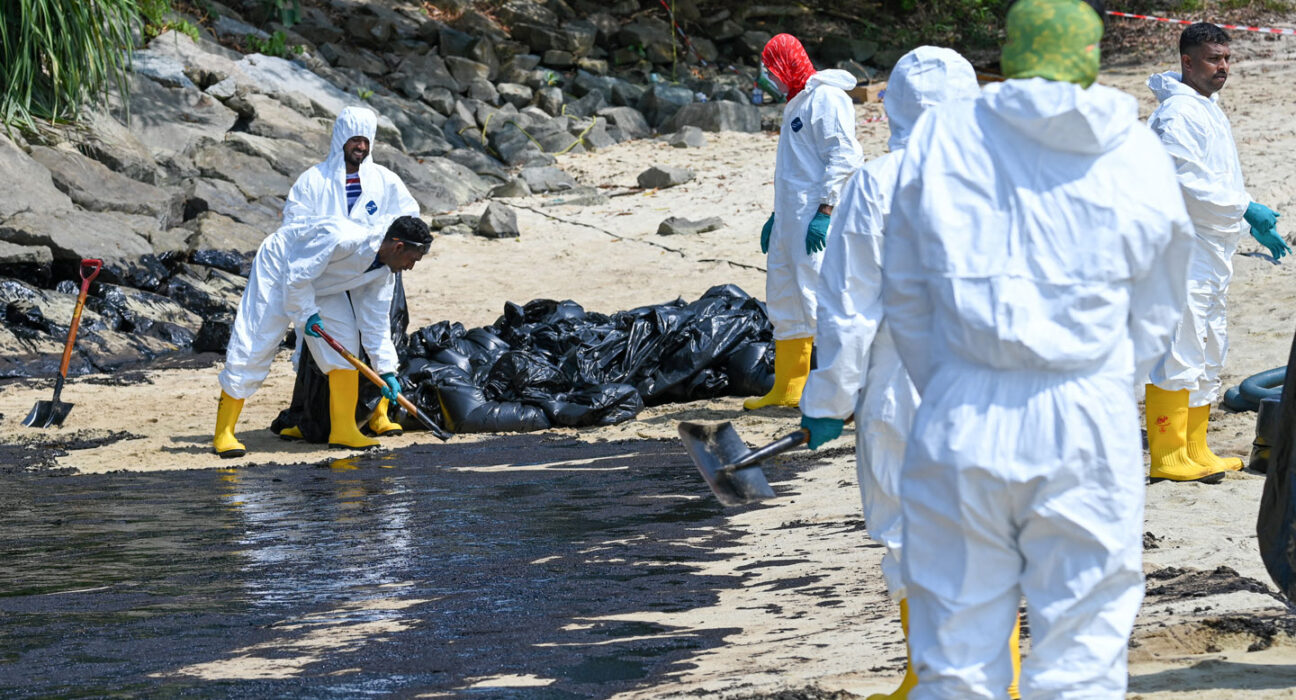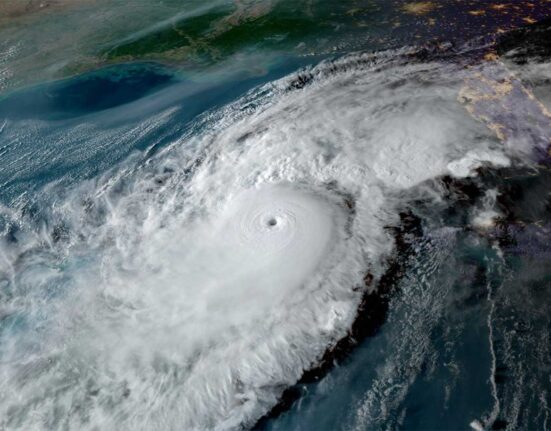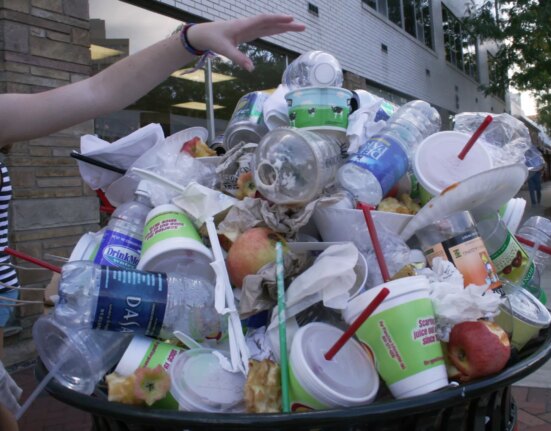adsorption: (v. adsorb) The process by which a substance sticks to, or adheres, to the outer surface of another material. Sunscreen clings to your skin because of adsorption.
aquatic: An adjective that refers to water.
chemical: A substance formed from two or more atoms that unite (bond) in a fixed proportion and structure. For example, water is a chemical made when two hydrogen atoms bond to one oxygen atom. Its chemical formula is H2O. Chemical also can be an adjective to describe properties of materials that are the result of various reactions between different compounds.
contaminant: Pollutant; a chemical, biological or other substance that is unwanted or unnatural in an environment (such as water, soil, air, the body or food). Some contaminants may be harmful in the amounts at which they occur or if they are allowed to build up in the body or environment over time.
cork: The tough, but elastic bark of the evergreen cork oak (Quercus suber), a tree that can grow to 20 meters (65 feet) and live for two centuries. Some of the bark can be cut and peeled off the tree every decade or so (once the tree is at least 25 years old). Cork is thus a renewable resource. It’s often used as a stopper for bottles (especially wine bottles), as well as in flooring, bulletin boards, shoe soles and more.
ecosystem: A group of interacting living organisms — including microorganisms, plants and animals — and their physical environment within a particular climate. Examples include tropical reefs, rainforests, alpine meadows and polar tundra. The term can also be applied to elements that make up some an artificial environment, such as a company, classroom or the internet.
environment: The sum of all of the things that exist around some organism or the process and the condition those things create. Environment may refer to the weather and ecosystem in which some animal lives, or, perhaps, the temperature and humidity (or even the placement of things in the vicinity of an item of interest).
hydrophobic: Repelling (or not absorbing) water.
laser: A device that generates an intense beam of coherent light of a single color. Lasers are used in drilling and cutting, alignment and guidance, in data storage and in surgery.
materials scientist: A researcher who studies how the atomic and molecular structure of a material is related to its overall properties. Materials scientists can design new materials or analyze existing ones. Their analyses of a material’s overall properties (such as density, strength and melting point) can help engineers and other researchers select materials that are best suited to a new application.
organism: Any living thing, from elephants and plants to bacteria and other types of single-celled life.
particle: A minute amount of something.
photothermal: (adj.) A term for the production of heat in something as a result of its exposure to light.
pore: A tiny hole in a surface. On the skin, substances such as oil, water and sweat pass through these openings.
porous: The description of a substance that contains tiny holes, called pores, through which a liquid or gas can pass. (in biology) The minute openings in the skin or in the outer layer of plants.
pristine: An adjective referring to something that is in original or near-original condition. It means something is somewhat old but in a seemingly “untouched” or unaltered condition.
renewable: An adjective for resources that can be endlessly replaced (such as water, green plants, sunlight and wind). This is in contrast to non-renewable resources, for which there is a finite supply — one that can essentially be used up. These include petroleum (and other fossil fuels) or relatively rare elements and minerals.
risk: The chance or mathematical likelihood that some bad thing might happen. For instance, exposure to radiation poses a risk of cancer. Or the hazard — or peril — itself. (For instance: Among cancer risks that the people faced were radiation and drinking water tainted with arsenic.)
sea: An ocean (or region that is part of an ocean). Unlike lakes and streams, seawater — or ocean water — is salty.
taint: To contaminate something with an unexpected, unnatural or illegal substance.
toxic: Poisonous or able to harm or kill cells, tissues or whole organisms. The measure of risk posed by such a poison is its toxicity.
trait: A characteristic feature of something. (in genetics) A quality or characteristic that can be inherited.
veterinary: Having to do with animal medicine or health care.
viscous: (n. viscosity) Adjective referring to something that is thick, sticky and hard to pour. Molasses and maple syrup are two examples of viscous liquids.













